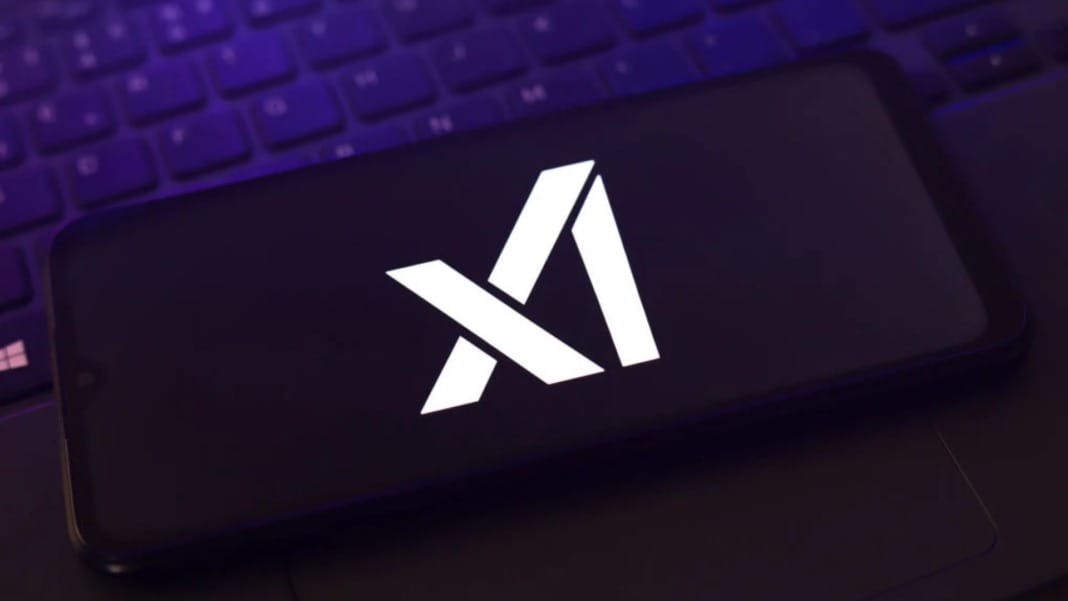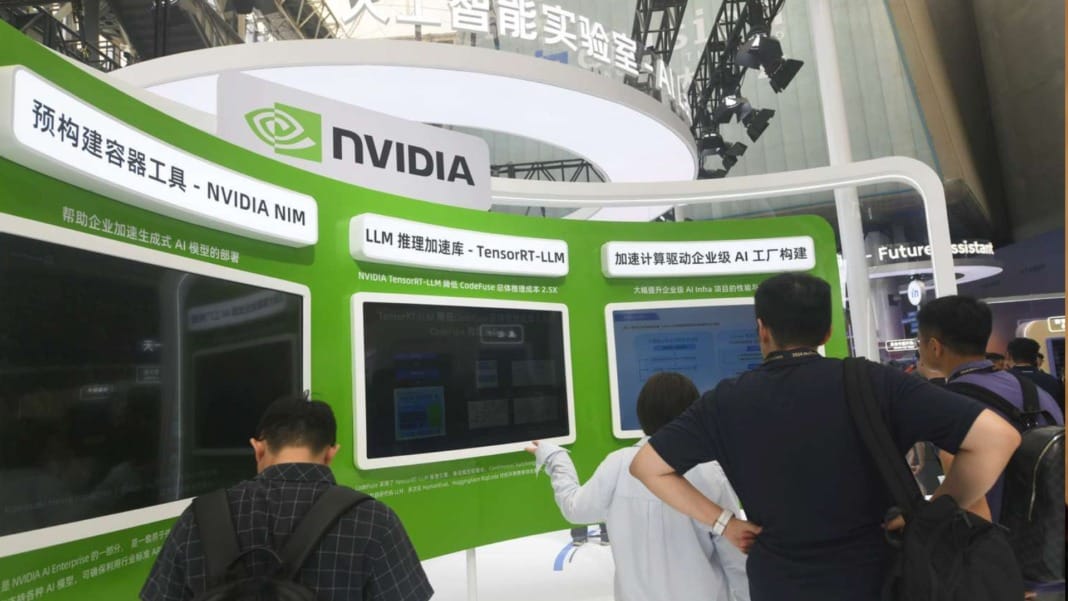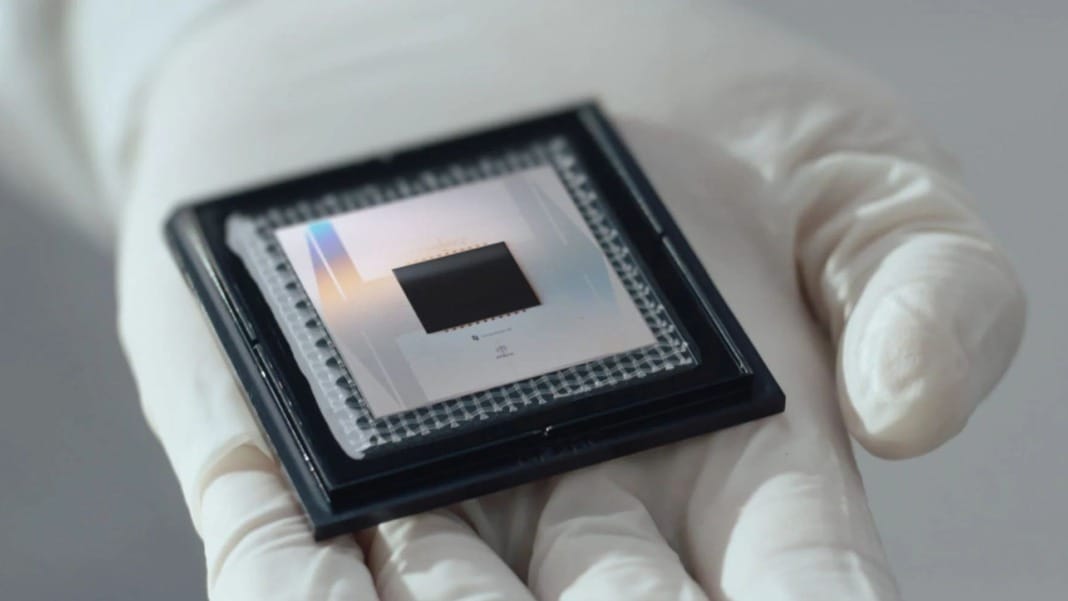X, the platform formerly known as Twitter, has officially announced the release of its new Aurora image generator. In a blog post, the company shared that this advanced tool, part of the Grok suite, is now available to users in select countries. Over the next week, Aurora will become accessible to all X users worldwide, marking a significant step in the platform’s AI innovation journey.
Aurora’s launch promises more photorealistic and versatile image generation capabilities. However, its rollout has not been without controversy, as users have raised questions about the tool’s safeguards against misuse.
A rocky start for Aurora
Behold my images using the new Grok @grok image generator Aurora: 🧵
— Matt (@EnsoMatt) December 7, 2024
1. Ray Romano and @AdamSandler on a sitcom set pic.twitter.com/2V491RdjMF
Aurora first appeared on the X platform last Saturday as part of Grok’s features. Users quickly began testing the tool, sharing impressive and highly realistic image creations. Yet, Aurora was unexpectedly removed by Sunday afternoon, leaving users puzzled. It had briefly been listed under Grok’s model selection as “Grok 2 + Aurora (beta),” but this was soon replaced by “Grok 2 + Flux (beta).”
Speculation arose that Aurora might have been released prematurely. This theory gained traction after Elon Musk, owner of X, responded to a user who posted Cybertruck images generated with Aurora. In his tweet, Musk clarified, “This is our internal image generation system. Still in beta, but it will improve fast.”
The incident coincided with X’s decision to make Grok 2 free to use, albeit with limitations for non-paying users. Aurora’s brief appearance seemed like a teaser of the platform’s growing AI ambitions, even as its functionality was temporarily withdrawn.
Addressing content concerns
One of the key issues surrounding Aurora is the type of content it can produce. Like its predecessor, Grok’s previous image generator faced criticism for insufficient content restrictions. Users pointed out that it could generate offensive or inappropriate images involving politicians, celebrities, and even copyrighted characters.
When TechCrunch tested Aurora before its removal, it noted that the tool accepted questionable prompts, including one to create a “bloodied Donald Trump” image. Examples shared on X also revealed the generation of public figures like Sam Altman and Elon Musk and the fictional characters Luigi and Mickey Mouse engaged in a boxing match. However, the system reportedly blocked nude content, a slight but notable safeguard.
So this new @grok image generation called Aurora just shipped on a Saturday, what do we think folks?
— Alex Volkov (Thursd/AI) (@altryne) December 7, 2024
Looks like trained by them, no evals or details, just, here you go, use the thing.
Seems focused on photo realism
https://t.co/oR2Uvb96vV
X still needs to detail the measures it plans to implement to prevent the misuse of Aurora. The company’s blog post announcing the tool’s full release did not address content moderation directly, leaving users curious about how X intends to balance creativity with ethical considerations.
What’s next for Aurora?
The Aurora image generator’s official launch signals X’s commitment to integrating cutting-edge AI tools into its platform. By expanding Aurora to users globally, X aims to enhance creative possibilities for its community. However, its bumpy introduction raises questions about the platform’s readiness to manage the challenges that come with such powerful technology.
As Aurora becomes available to more users, all eyes will be on how X handles the tool’s potential for misuse. Transparency about content moderation and ongoing improvements to the system will likely play a critical role in shaping its success.





